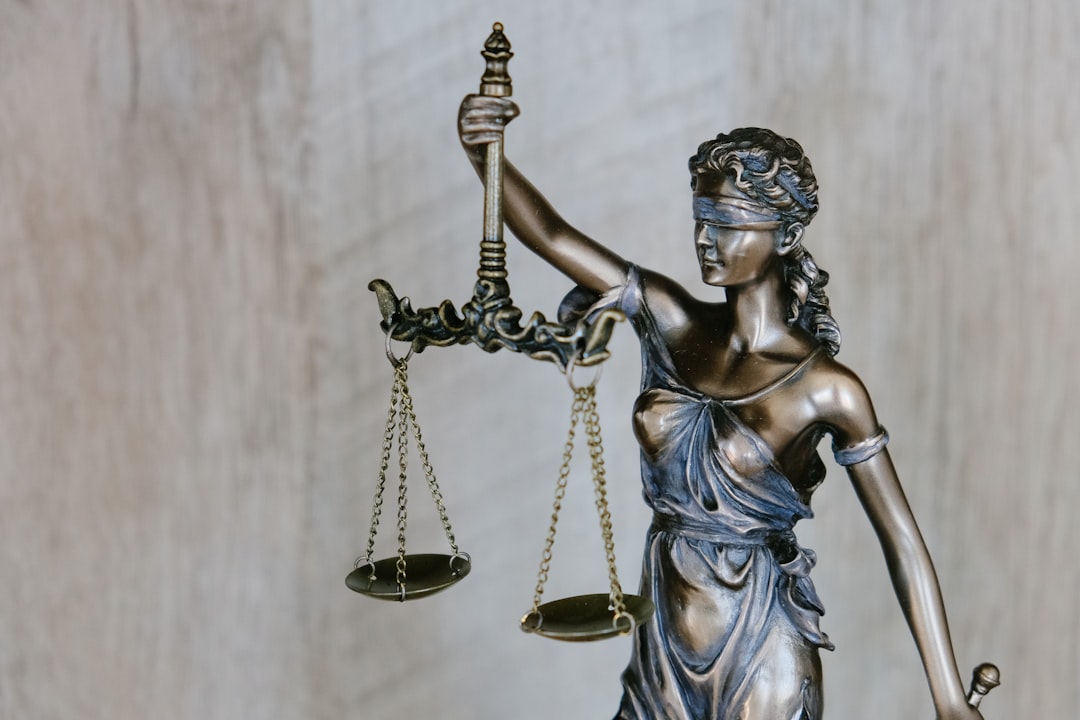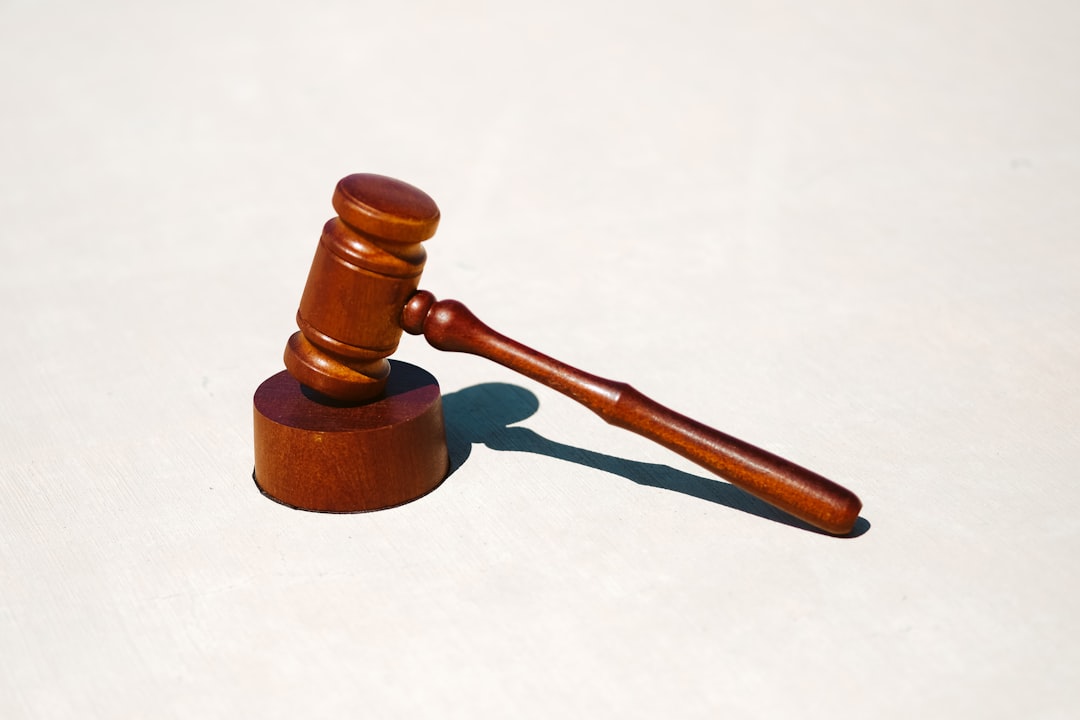In Philadelphia, PA, understanding and navigating sexual assault legal support is crucial. This comprehensive guide delves into key aspects of sexual assault cases, including Pennsylvania’s laws, the steps survivors should take after an assault, and the vital role a sexual assault lawyer plays in the legal process. We also highlight valuable resources and support available for survivors in Pennsylvania. Equip yourself with knowledge and connect with professional help to ensure justice and healing.
Understanding Sexual Assault Laws in Pennsylvania

In Pennsylvania, sexual assault is taken very seriously, and victims have legal rights that should be understood. If you’ve experienced sexual assault in Philadelphia, it’s crucial to know that there are specific laws in place to protect your rights and provide avenues for justice. A sexual assault lawyer in Philadelphia PA can guide you through these complex legal processes and ensure your voice is heard.
The laws regarding sexual assault in Pennsylvania define it as any unwanted sexual contact without consent, which includes various acts like rape, forcible fondling, or incest. Consent must be clear and voluntary; lack of resistance or words of refusal don’t constitute consent. If you’ve been a victim, you have the right to seek medical attention, report the incident to law enforcement, and press charges against your assailant. Legal support from a sexual assault lawyer in Philadelphia PA can help navigate these steps, ensuring proper documentation and representation throughout the legal process.
Navigating Legal Process: Steps After an Assault

After a sexual assault in Philadelphia, PA, the first step is to prioritize your safety and well-being. This may involve going to a hospital or seeking medical attention for any injuries sustained. It’s crucial to report the assault to local law enforcement as soon as possible, providing them with detailed information about the incident and the alleged perpetrator.
Next, consider consulting a sexual assault lawyer in Philadelphia PA. They can guide you through the legal process, ensuring your rights are protected. This includes understanding the statute of limitations for filing charges, gathering evidence, and navigating the court system. A qualified attorney will advocate for you, helping to ensure that justice is served and that you receive the support and closure you deserve.
The Role of a Sexual Assault Lawyer in Philadelphia

In the aftermath of a sexual assault, victims often face a challenging and emotionally taxing process. A Sexual Assault Lawyer in Philadelphia PA plays a pivotal role in navigating this difficult journey by providing specialized legal support tailored to address the unique complexities of such cases. They are equipped to guide victims through the legal system, ensuring their rights are protected throughout the prosecution or civil litigation process.
These lawyers possess extensive knowledge of Pennsylvania’s sexual assault laws and procedures, enabling them to offer strategic advice and advocate for their clients’ interests. Their expertise includes handling evidence collection, interacting with law enforcement, and representing victims in court. They also facilitate access to resources like counseling services, ensuring that survivors receive comprehensive support as they heal from this traumatic experience.
Resources and Support for Survivors in PA

In Philadelphia, PA, survivors of sexual assault can find a range of resources and support services tailored to help them heal and rebuild their lives. Local organizations like the National Sexual Assault Hotline (800-656-4673) offer confidential counseling and advocacy, available 24/7. Additionally, many non-profit groups provide legal assistance and representation for those who have been victims of sexual assault, including connecting survivors with a sexual assault lawyer in Philadelphia PA. These organizations not only guide survivors through the legal process but also ensure their rights are protected.
Support networks include community centers, healthcare facilities, and legal aid societies that specialize in handling such cases sensitively and efficiently. The presence of these resources makes it easier for victims to come forward and seek justice while receiving much-needed care and compassion.





